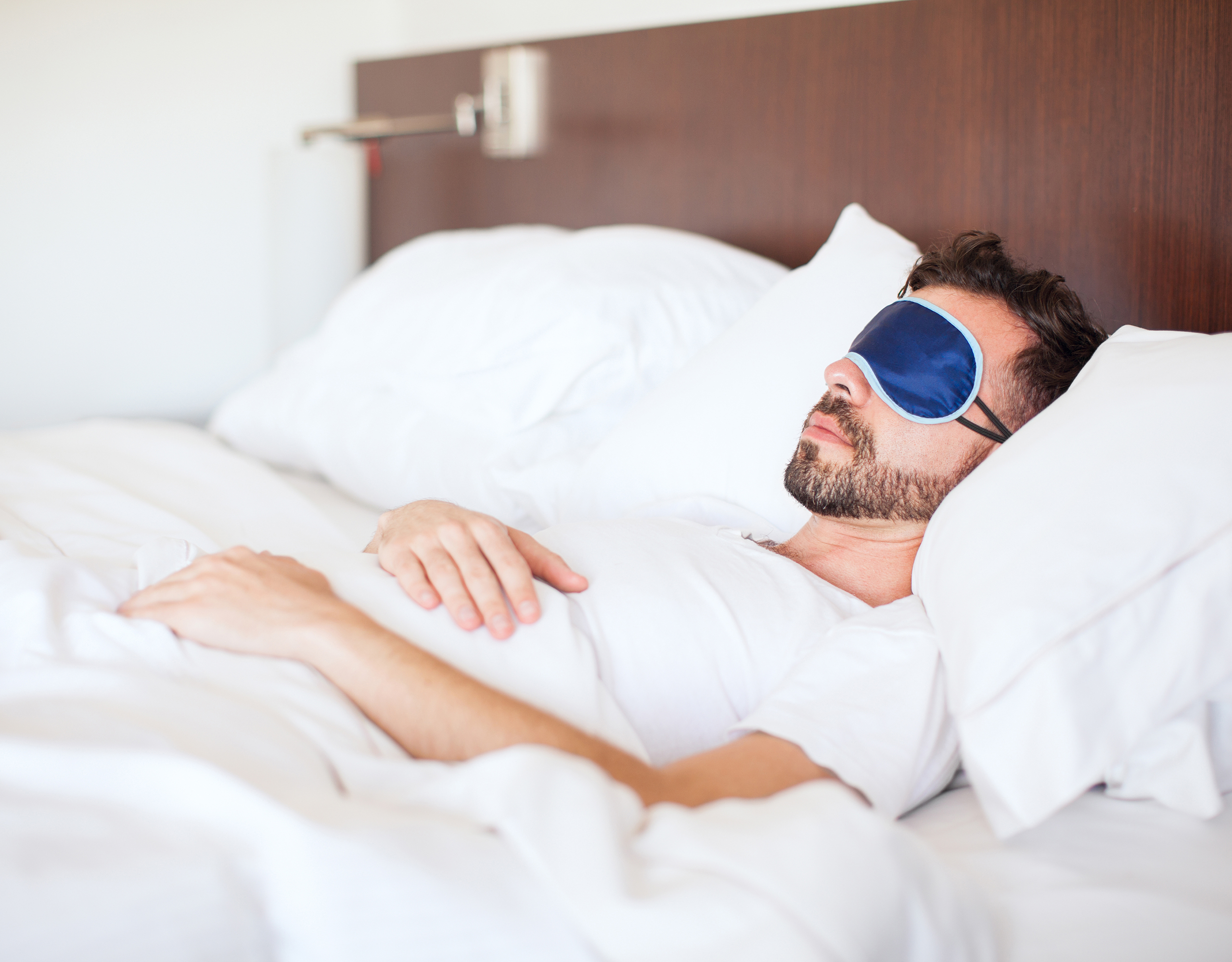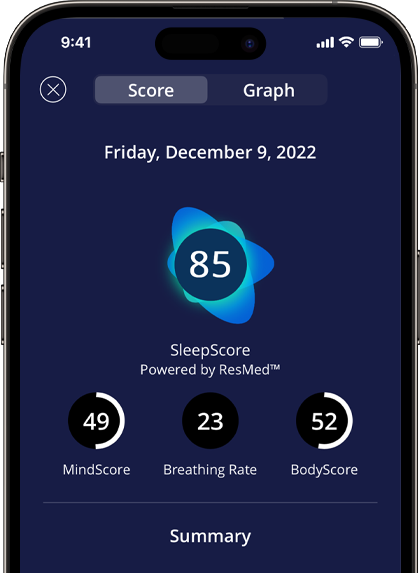Sleep Hygiene: 10 Sleep Hygiene Tips to Practice

What is sleep hygiene?
So, what is sleep hygiene? The Sleep Foundation defines it as a set of practices and habits that support your ability to sleep well. Sleep hygiene includes not only what you do at night, but also behaviors you can do during the day. It applies to aspects of your bedroom environment and is an important concept to know when thinking about ways to improve your sleep health. Keep reading to learn about many things you can actively control that will help your sleep!
Why is sleep hygiene important?
While some people rely on coffee or black tea to jump-start their days, a full night of sleep is the best way to feel productive and energized. Improving your sleep hygiene can do wonders for your physical and mental health. Getting too much, too little, or disrupted sleep can contribute to increased stress, fatigue, and a variety of medical concerns. But the good news is boosting positive health habits and creating an area in your home with the best sleeping conditions will decrease your risk of these symptoms.
Good Sleep Hygiene Tips
Consistency Counts
Going to bed at the same time every night is a great place to start improving your sleep habits. Understanding your sleep chronotype (that natural feeling of knowing what time of day you are most alert and when you prefer to go to bed) and looking at your hypnogram can assist in establishing a routine that works well for you personally. By knowing what kind of sleeper you are, you can adjust your schedule. Become aware of what times you perform best and what time you feel ready for bed. A hypnogram can tell you how long you were asleep, how many times you woke up, and the stages of sleep you reached and how long you were in them. This can help you understand if particular aspects of your sleep might be in need of improvement.
Our bodies love routine. Do your best to stick with the same bedtime every night, even on the weekends if possible. This will help you keep the same wake-up time each morning, so you’ll rise feeling rested and bright-eyed. To help you achieve this habit, try setting an alarm not only in the morning but also at night to remind you when it’s time to start getting ready for bed.
Cut the Stimulants
For many people, a major step in sleep improvement is identifying sources of caffeine and then reducing caffeine consumption, particularly later in the day. The stimulating effects of caffeine last for many hours, so it’s recommended to cut the caffeine after 2:00 in the afternoon. For the sake of your sleep, try switching to beverages that do not contain any caffeine during the afternoon hours and in the evening.
Chill Out
Your bedroom should be the ultimate place for sleep, and this includes maintaining the ideal temperature. The recommended temperature for sleep is quite cool, but your bed should feel cozy. The type of fabric that your sheets and pajamas are made from can influence how cool or warm you feel, so figure out which materials feel most comfortable for you.
Stay Out
Be sure to treat your bedroom as just that, a room with a bed where you sleep! Using your bedroom for working, eating, or watching TV is considered poor sleep hygiene, because doing those types of activities while in bed will train your brain to associate the bed as a place of wakefulness. If good sleep hygiene is your goal, the only things that should be happening in the bedroom are sleep and alone time with a partner.
Watch What You Eat
Be mindful that your diet can affect sleep. Large meals or spicy foods can disrupt sleep. Finish your dinner on time and avoid late night snacking. If you have a large meal too close to bedtime, your body will focus on digesting as opposed to helping you get some sleep.
Workout on Time
If you can, set aside some time to move your body early in the day, like taking a walk outside. Ideally, any intense physical activity should take place no later than three hours before bedtime. Evening workouts can cause us to be overstimulated when it’s time to rest, so shoot for morning workouts instead. You’ll feel more energized during the day, and your body will be ready to relax come evening. If you’re not used to getting exercise, find an activity that you enjoy and start slow. It could be anything from stretching to biking to dancing! Build your way up, and over time you will reap the benefits of a healthier lifestyle, including better sleep.
Limit Screen Time
Sleep and light at night do not mix well. TVs, tablets, and computer monitors all emit blue light, which can interfere with our natural inclination to feel sleepy at night. Limiting screen time on your devices in the evening, using blue light filtering glasses after sundown, or adding a blue light filter screen protector will allow your body to release melatonin at the appropriate time. Instead of screen time, see if you can find other activities to help you wind down before bed, such as reading a book or taking a warm bath.
Think Dark or Dim
Once you’re finished with dinner and dishes, it’s a good idea to start dimming the lights in your home. This tells your brain that sleep is on the horizon, and you’ll naturally start powering down. If forced to sleep with light, make sure your bedroom is as dark as possible once you get into bed. Cover windows, shut doors, and use sleep masks as necessary.
Create a Pre-Sleep Routine
In addition to going to bed at the same time each night, creating a bedtime ritual is an important sleep hygiene habit. Doing the same behaviors in the same order at the same time each night before your head hits the pillow will signal to your body that it’s time to sleep soon. The routine will look different for everyone, so you need to figure out what works for you. For example, it could be:
- getting a few things ready for the next day
- taking a shower
- brushing your teeth
- meditating for 5 minutes before bed
Avoid Lying Awake
If you find yourself lying in bed unable to drift off after about 20 minutes, it’s recommended that you get up and try to relax somewhere else, like in a comfortable chair in a different room. Do something that you find calming rather than activating. When you start to feel sleepy, get back into bed. This is part of helping your mind associate your bed with being asleep rather than your bed being a place where you’re awake.
Understanding and maintaining sleep hygiene is a key part of cultivating great overall health and wellness.
Happy sleeping!


